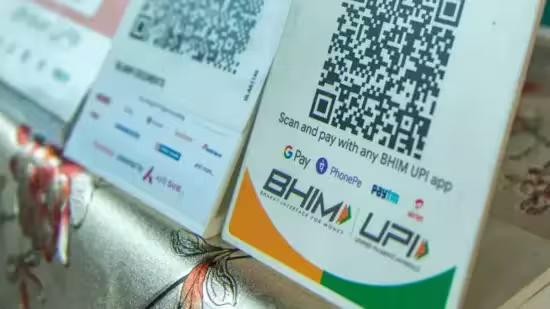
Trinidad & Tobago becomes the first Caribbean nation to adopt UPI
In a significant move, Trinidad and Tobago has become the first Caribbean country to adopt Unified Payments Interface (UPI), India’s flagship digital payment platform. This development marks a major milestone in the partnership between the two countries, and is expected to have a significant impact on the financial landscape of the Caribbean nation.
The adoption of UPI was announced during Prime Minister Narendra Modi’s two-day official visit to Trinidad and Tobago, where he held talks with the country’s Prime Minister Dr. Keith Rowley. The two leaders agreed to explore further collaboration in the implementation of India Stack solutions, including DigiLocker, e-Sign, and Government e-Marketplace (GeM).
UPI is a real-time payment system developed by the National Payments Corporation of India (NPCI), which enables users to send and receive money instantly using a unique identifier, known as the Virtual Payment Address (VPA). The platform has gained immense popularity in India, with over 200 million transactions taking place every day.
The adoption of UPI by Trinidad and Tobago is expected to bring several benefits to the country’s financial sector. Firstly, it will provide a fast and convenient way for citizens to make payments, reducing the need for cash transactions. This will not only increase financial inclusion but also reduce the risk of fraud and theft.
Secondly, the adoption of UPI will enable businesses in Trinidad and Tobago to accept digital payments, making it easier for them to conduct transactions with customers. This will be particularly beneficial for small and medium-sized enterprises (SMEs), which often struggle to accept digital payments due to the high costs associated with setting up payment infrastructure.
Thirdly, the adoption of UPI will provide a platform for international remittances, enabling citizens of Trinidad and Tobago to send and receive money easily and quickly. This will be particularly beneficial for the country’s diaspora community, which sends significant remittances back to the country.
The adoption of UPI is also expected to have a positive impact on the country’s economy. According to a report by the World Bank, every 10% increase in mobile payment adoption leads to a 2.5% increase in economic growth. Therefore, the adoption of UPI is expected to increase economic growth and development in Trinidad and Tobago.
The collaboration between India and Trinidad and Tobago is not limited to the adoption of UPI. The two countries have also agreed to explore further collaboration in the implementation of other India Stack solutions, including DigiLocker, e-Sign, and Government e-Marketplace (GeM).
DigiLocker is a digital locker service that allows users to store and access their documents digitally. The service is currently being used by over 220 million users in India, and is expected to be rolled out in Trinidad and Tobago soon.
e-Sign is a digital signature service that allows users to sign documents digitally. The service is currently being used by over 100,000 businesses in India, and is expected to be rolled out in Trinidad and Tobago soon.
GeM is a government e-marketplace that allows businesses to purchase goods and services from registered sellers. The platform is currently being used by over 2 million businesses in India, and is expected to be rolled out in Trinidad and Tobago soon.
The adoption of UPI by Trinidad and Tobago marks a significant milestone in the country’s journey towards digital transformation. The country has been working towards increasing financial inclusion and reducing the reliance on cash transactions, and the adoption of UPI is a major step in achieving this goal.
In conclusion, the adoption of UPI by Trinidad and Tobago is a significant development that is expected to have a positive impact on the country’s financial sector. The collaboration between India and Trinidad and Tobago is expected to lead to further developments in the field of digital payments, and is expected to benefit both countries in the long run.






